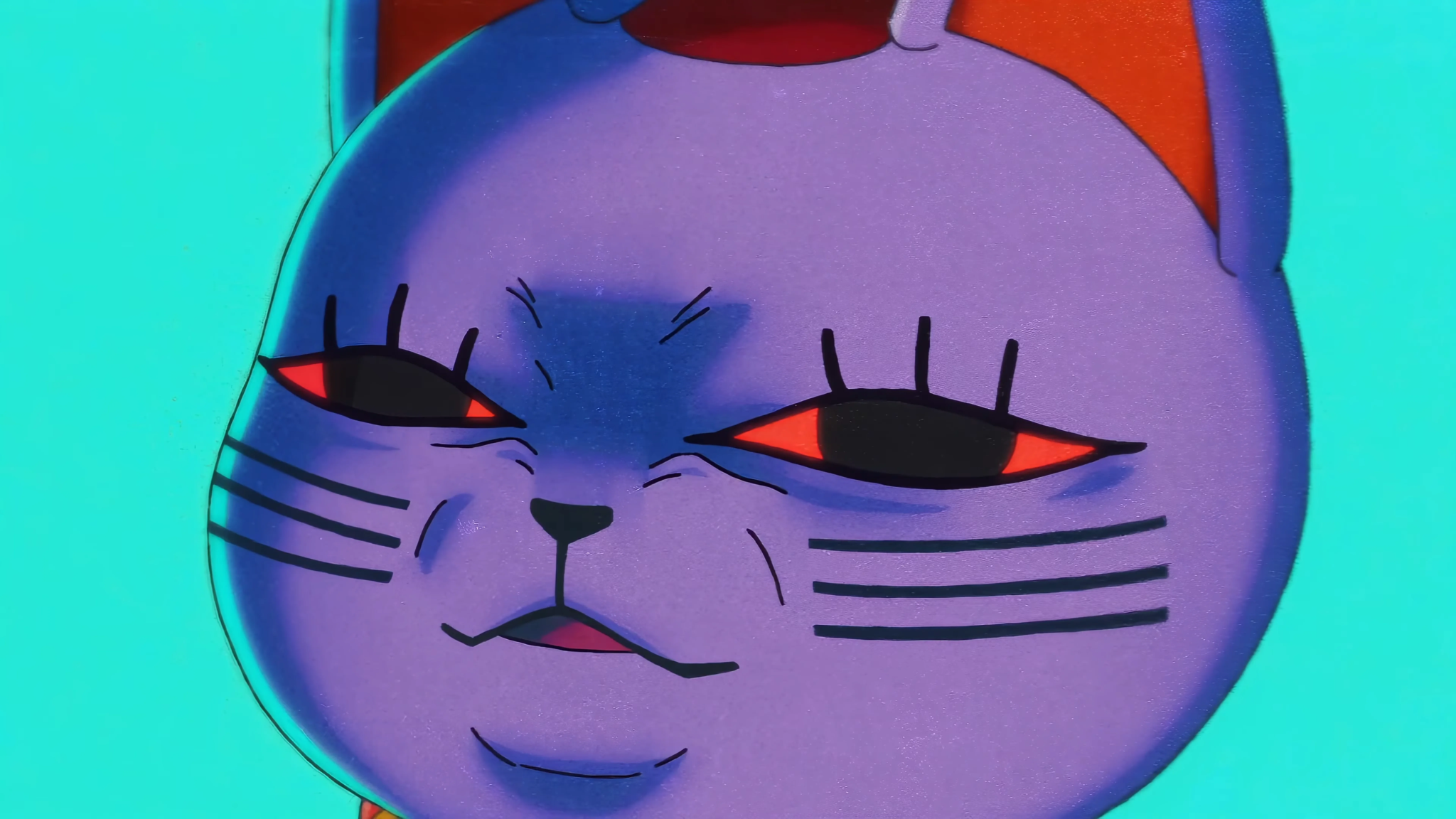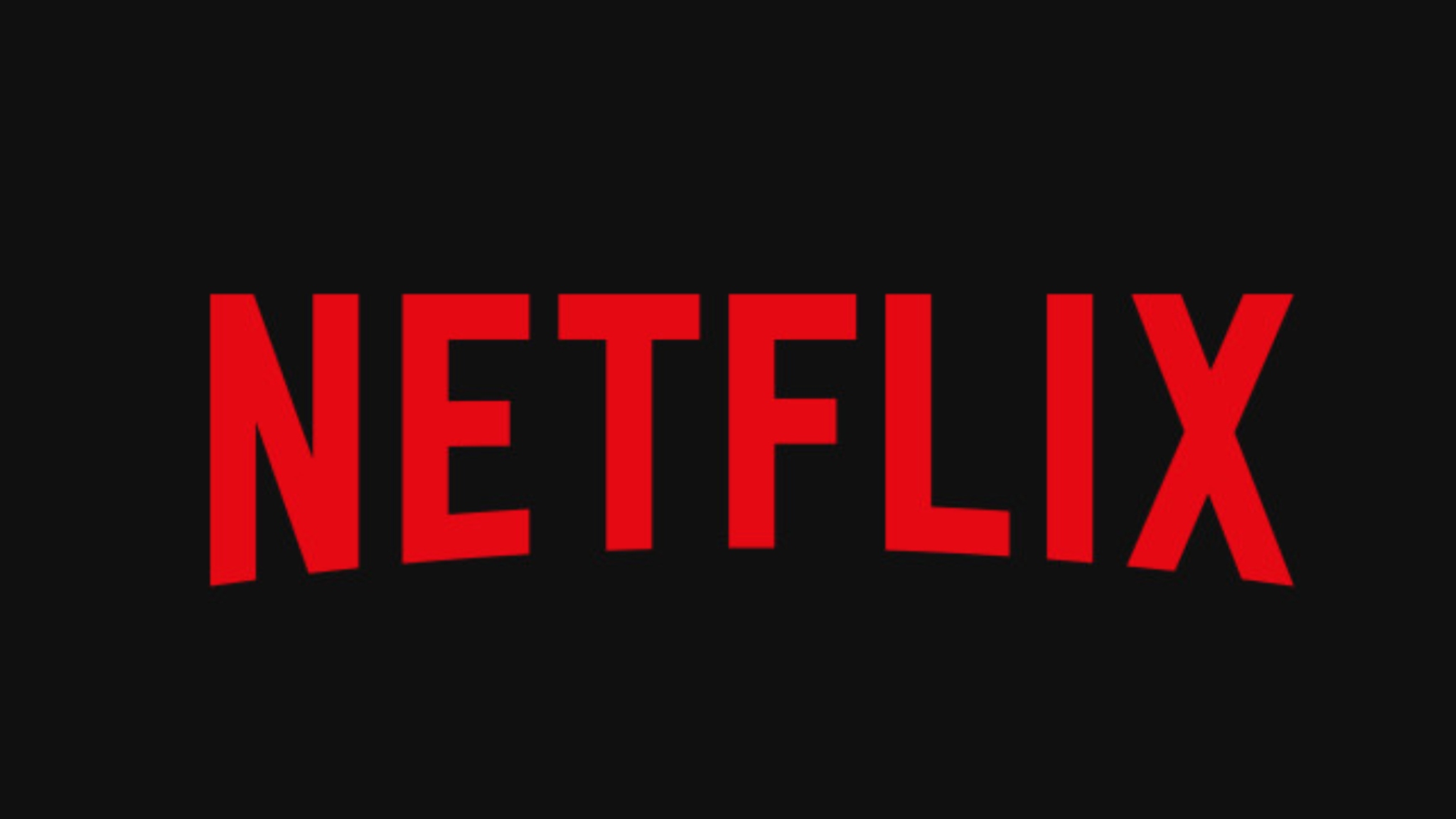
As a long-time anime enthusiast and someone who has followed the struggles of creators for years, I can’t help but feel a mix of emotions when it comes to the issue of piracy in the world of manga and anime. On one hand, I understand the allure of wanting to watch your favorite shows without spending a dime, especially when you’re on a tight budget like I was during my university days. But on the other hand, I’ve seen firsthand how online piracy can devastate the hard work and dreams of talented artists and studios.
In contrast to the phenomenal sales success of “One Piece” being the top-selling manga ever, piracy persists in both the printed and animated versions of this popular anime. With the global fan base expanding for anime, so does the prevalence of video piracy as fans go to great lengths to watch their favorite shows without paying. Japan is now taking a strong stance against anime and manga piracy by introducing groundbreaking technology.
As reported by NHK, Japan’s Cultural Agency has set aside approximately $2 million (300 million yen) to combat online piracy and develop innovative AI technology. The ongoing project aims to use AI capabilities to identify pirated content immediately after it appears online. Data from the Cultural Agency indicates that anime and manga piracy results in around 2 trillion yen ($133.8 million) in annual losses.
The AI is expected to identify pirate websites by analyzing ad layouts, a method that enables these sites to function without charge. Furthermore, this software will enable copyright owners to promptly request the removal of pirated content. In a statement, the Cultural Affairs Agency expressed, “Manually discovering pirate sites can be time-consuming and costly. We aim to create robust strategies to minimize pirate sites and safeguard the rights of copyright holders.

Netflix Is Also Cracking Down on Anime Piracy
Piracy of anime and manga on the internet is a widespread issue, not just limited to the Japanese Agency for Cultural Affairs seeking solutions through new anti-piracy tools. For instance, WEBTOON has created a system called Toon Radar. This innovative technology embeds data into webtoons’ code, enabling them to trace the origin of any leaks more effectively.
In August, major streaming platforms Netflix and Crunchyroll experienced one of the biggest anime leaks in history. Various upcoming projects such as “Terminator: Zero”, “Dandadan”, and “Ranma 1/2” were leaked online with watermarks obscured. To counter this, Netflix recently issued a subpoena to the messaging app Discord. The subpoena requested Discord to disclose details of the user @jacejohns4n, who unlawfully posted a copyrighted image around November 12, 2024. The information demanded included their real name, residential address, phone number, email, and IP addresses.
As tempting as you may find it to want to watch a free show, online piracy hurts the creators most of all. This is especially true in the anime community, where most manga-based shows are the vision of a single artist; online leaks drastically damage the overall success of a series. Studios look at viewership and sales figures to determine if an IP is popular enough for renewal. So, if you want to get your hands on more seasons of your new favorite, you’re best off watching them the official way.
Read More
- AUCTION/USD
- Owen Cooper Lands Major Role in Wuthering Heights – What’s Next for the Young Star?
- Is Disney Faking Snow White Success with Orchestrated Reviews?
- Pregnant Woman’s Dish Soap Craving Blows Up on TikTok!
- Pokémon Destined Rivals: Release date, pre-order and what to expect
- JK Simmons Opens Up About Recording Omni-Man for Mortal Kombat 1
- Stephen A. Smith Responds to Backlash Over Serena Williams Comments
- POL PREDICTION. POL cryptocurrency
- HBAR PREDICTION. HBAR cryptocurrency
- Daredevil: Born Again Spoiler – Is Foggy Nelson Alive? Fan Theory Explodes!
2024-12-03 22:40